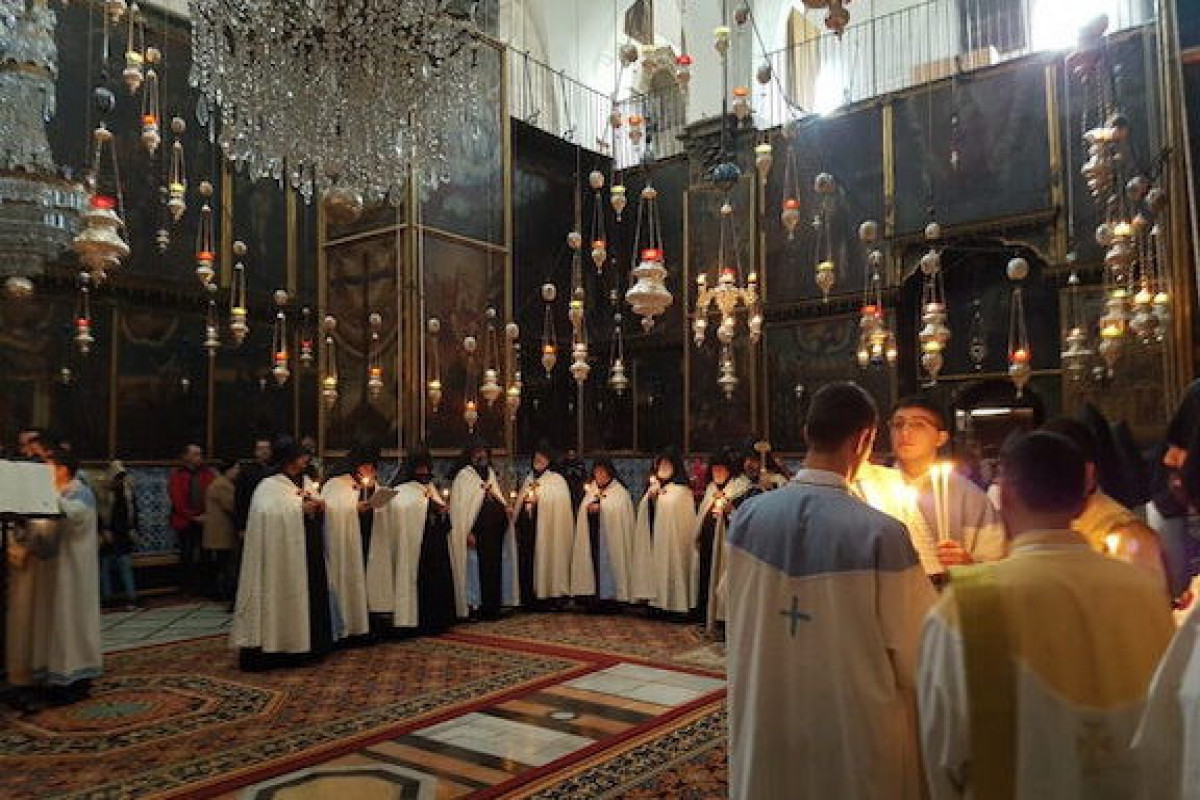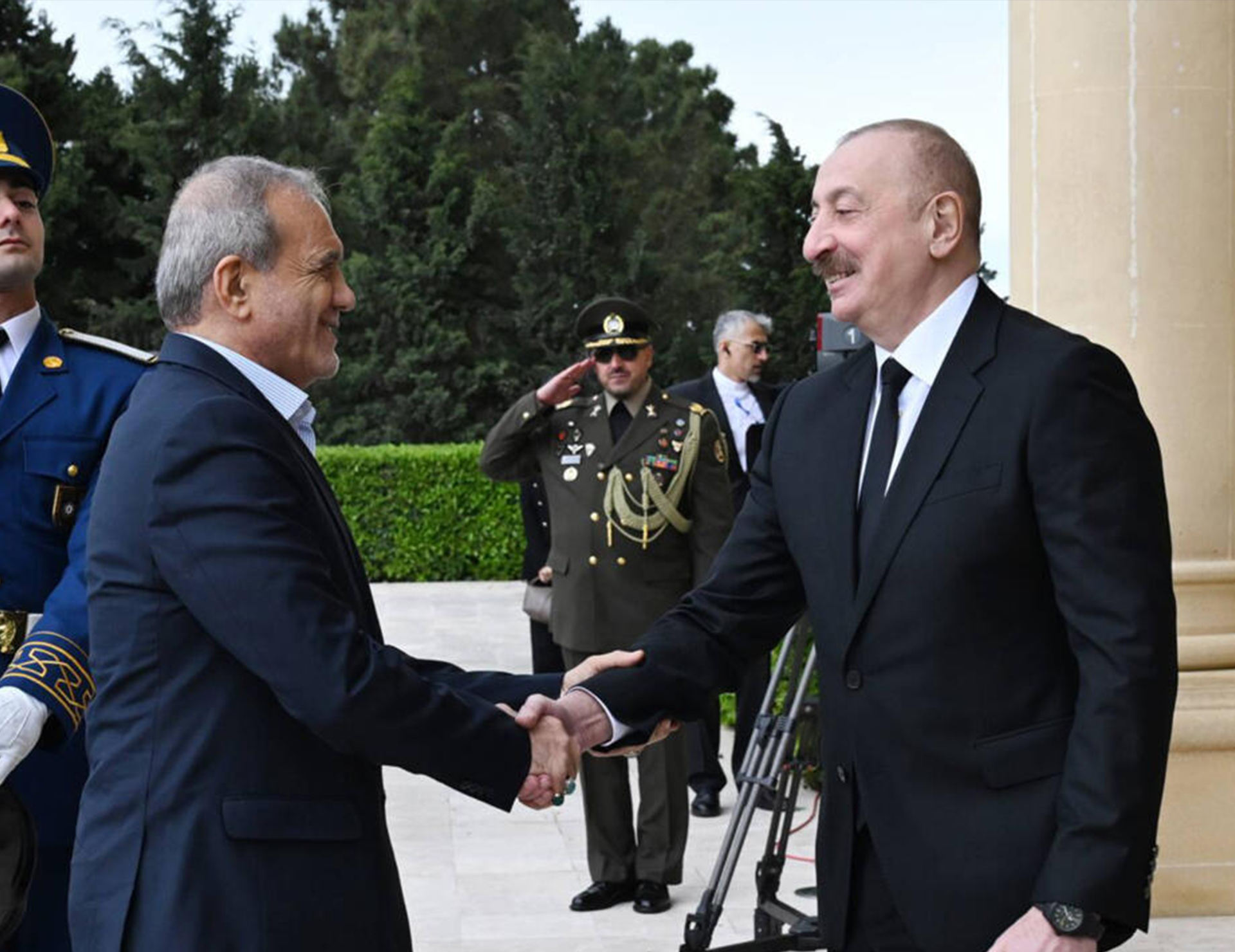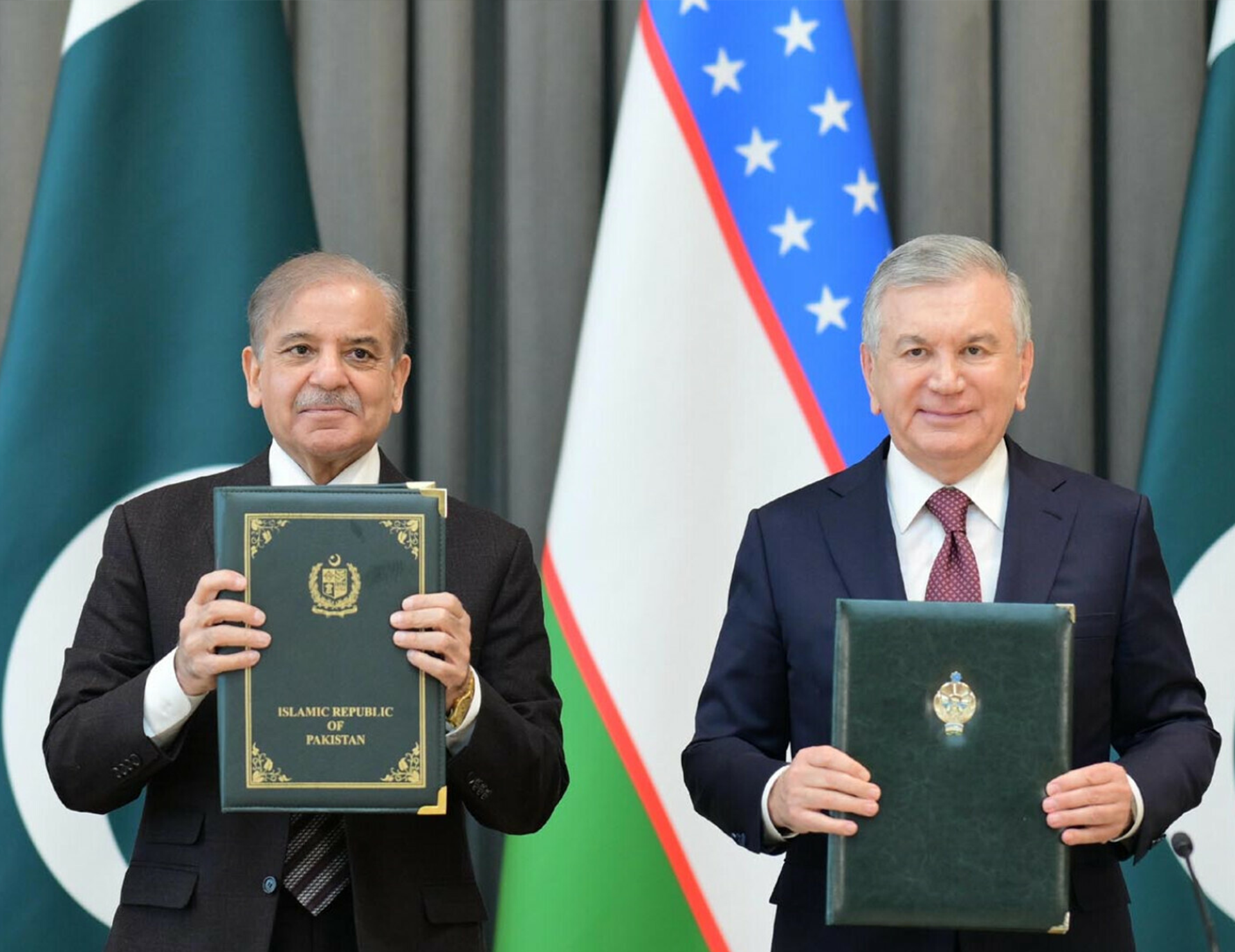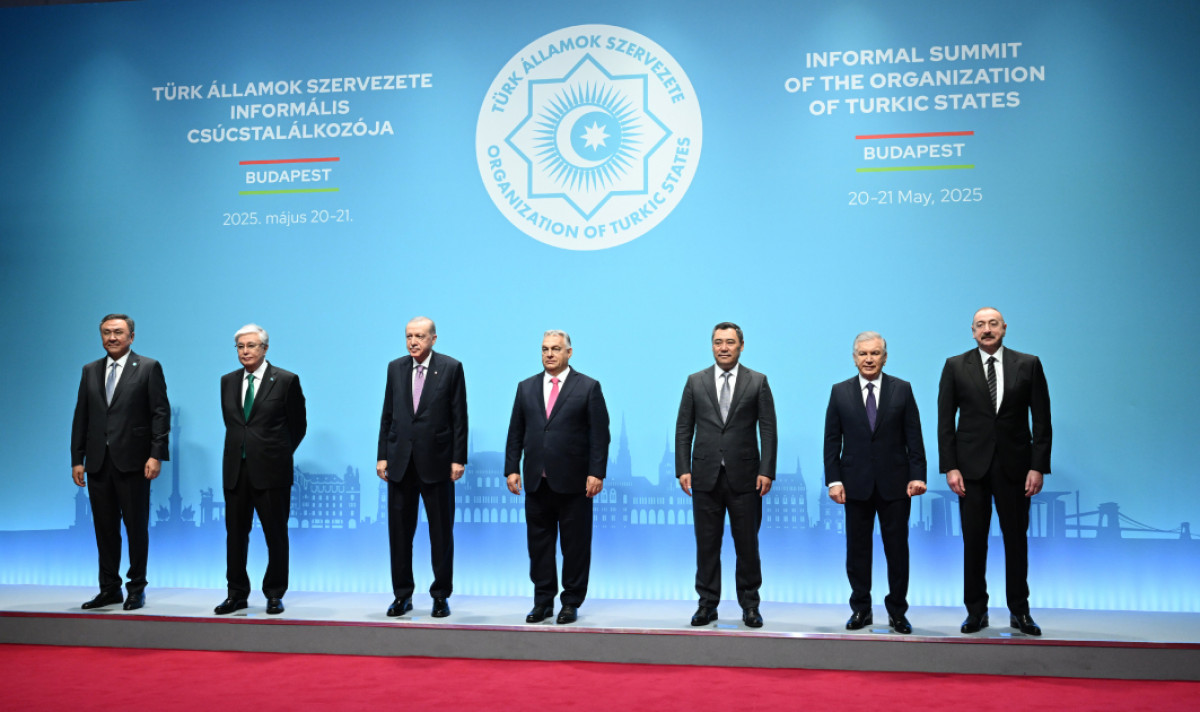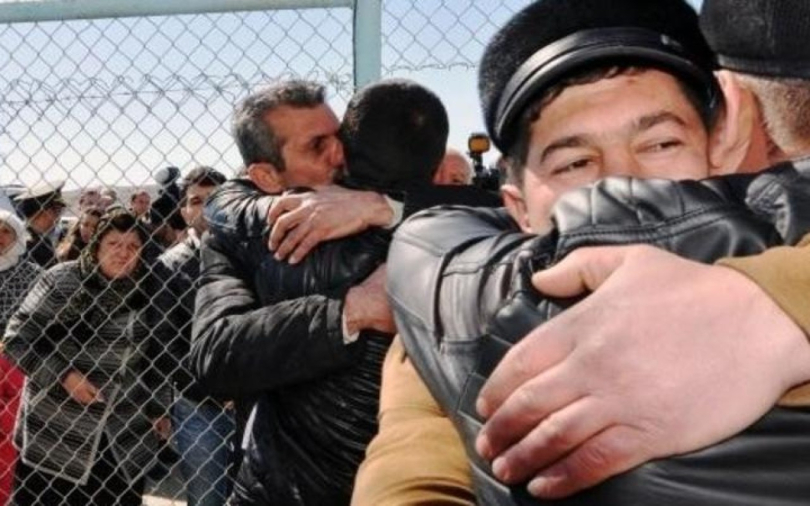The 44-day Patriotic War that took place in 2020 resulted in the restoration of the territorial integrity of Azerbaijan, raising thought-provoking questions for the Republic of Armenia, the Armenian diaspora, and the Armenian Church: Should they continue to follow a false history or face the reality of modern Armenia? Although Armenian Prime Minister Nikol Pashinyan, in his post-war statements, called on the Armenian Church and the opposition not to dwell on a mythical Armenia, it seems that abandoning this narrative is not profitable for either the Armenian Church or the Armenian diaspora.
Peace or Propaganda? The Armenian Church’s Dilemma in Post-War Reality
- Hopes are fading: Will US withdraw from Russia-Ukraine talks? –ANALYSIS
- U.S.-Iran talks: A new confrontation or new opportunity?-ANALYSIS
For more than a century, the Armenian Church and the diaspora have deliberately misled their people with myths of the so-called Armenian genocide and territorial claims against their neighbors, benefiting financially from these narratives. The closure of the Karabakh issue after the 44-day war resulted in a significant decrease in the volume of donations received by the Armenian Church and the diaspora from their compatriots. Naturally, this situation is not in their interest, and in order to rally people around false fears and further enrich their pockets, both institutions continue to invoke non-existent tragedies and revive territorial claims.
Jerusalem as a Stage: Exporting Separatism Through Religious Platforms
What happened yesterday in Jerusalem reaffirms this trend. The revanchist sentiment within the Armenian Apostolic Church has been increasing. One recent example—the raising of the flag of the so-called “Nagorno-Karabakh Republic” by Armenian priests during Easter in the holy city of Jerusalem—illustrates how these revanchist tendencies now extend to religious platforms.
Historically, the Armenian Church has functioned not only as a religious but also a political institution. It has played a key role in shaping and preserving the national identity of the Armenian people. At the same time, it has been a driving force in promoting ideas around a fictitious Armenian homeland. This destructive behavior continues today. When calls and symbols that target Azerbaijan’s sovereignty are displayed in religious contexts, this becomes not just political, but also a case of religious tools being used for sabotage.
False Flags and Holy Days: Turning Sacred Symbols into Political Tools
Jerusalem, being rich not only in religious but also in international political symbolism, makes the act of raising the separatist flag even more significant. It is not merely a gesture, but a symbolic message to the international community. With this move, religious circles in Armenia attempt to spread their revanchist ideology globally and fuel anti-Azerbaijani propaganda under the guise of Christian solidarity.
Religious sites and holidays should never become platforms for political acts—a principle consistently emphasized by international organizations such as the UN and UNESCO. The Armenian Church’s violation of these norms by turning a religious event into a political demonstration can create grounds for religion-based conflicts. The territorial integrity of Azerbaijan has been recognized by the UN, and any effort to challenge this reality contradicts international law. Armenian Prime Minister Nikol Pashinyan acknowledged Karabakh as Azerbaijani territory during a meeting with Azerbaijani President Ilham Aliyev, in the presence of leaders of the European Union and France. Furthermore, in the peace treaty draft agreed upon in March this year, official Yerevan recognized Karabakh as part of Azerbaijan.
Religious Sabotage: Undermining International Law in the Name of Faith
The step taken by the Armenian Church in Jerusalem underscores that certain elements within Armenian society are still unprepared for peace and regional cooperation. Transforming religious events into political sabotage neither serves religious values nor contributes to the future stability of the region. The continued campaign against Azerbaijan by the Armenian Church and diaspora threatens long-term peace in the South Caucasus. Historically, the Armenian Church has played a role in inciting violence and atrocities against Azerbaijanis.
Now let’s turn to the church itself.
For centuries, Armenians have sought to convince the world that they are the cradle of Christianity, even though they had no state during the time Christianity spread. Christianity exists through various denominations—Catholic, Orthodox, Protestant, among others. While the Armenian Apostolic Church presents itself as one of the first Christian institutions, it diverges significantly from universal Christianity in both theology and practice. These differences are visible not only in rituals but also in its ideological and political stance.
1)Theological foundations and differences
The Armenian Apostolic Church broke away from mainstream Christian doctrine after refusing to accept the decisions of the Council of Chalcedon in 451. It remained in the Monophysite position, recognizing only the divine nature of Christ, and thereby separated itself from Orthodox and Catholic churches.
Main theological differences include:
-A Monophysite understanding of Jesus Christ’s nature
-Apostolic succession claimed only in a national context
-Lack of liturgical and theological unity with other Christian denominations
These differences position the Church as a closed, nationalist religious institution, rather than a universal Christian body.
2. Nationalization of religion: From Christianity to nationalism
The Armenian Apostolic Church views religion not as a global spiritual value, but as the cornerstone of Armenian national identity. Its activity often reflects ethnocentrism more than religious devotion. It has transformed Christianity into a vehicle for promoting Armenian nationalism.
As a result:
-It remains closed to non-Armenians
-Universal Christian values like peace and tolerance are not central
-It openly supports separatism and conflict, particularly in the case of Karabakh
3. Political instrumentalization of the church
Christianity emphasizes separation from state politics, yet the Armenian Church:
-Directly influences Armenian state policy
-Provides political direction to diaspora institutions
-Offers moral support to separatist armed groups, even glorifying them as “holy warriors”
This reveals the church’s propagandistic and ideological role, rather than a spiritual one.
4. Religious ethics and divergence from Christianity
Christian ethics emphasize forgiveness, love, and peace. However, the Armenian Church’s rhetoric often promotes hatred and revanchism.
Examples include:
-The display of separatist flags during religious ceremonies
-Intolerant rhetoric toward other faiths and nations
-Promoting conflict over reconciliation
Though formally a Christian institution, the Armenian Apostolic Church’s theology, function, and activities contradict Christianity’s core values. It acts more as a political mouthpiece than a faith-based entity.
Thus, at a time when Armenia and Azerbaijan are negotiating bilateral relations, such provocations could necessitate a reevaluation of the church’s role. The Armenian Church, having long portrayed Turks as enemies, continues to spread toxic narratives. Yet the 44-day war established a new regional reality—one in which there is no room for such a church unless it fundamentally reforms. If Prime Minister Pashinyan proceeds with constitutional reforms, he must reconsider the church’s special status under the principle of secularism. The Armenian Church needs a change of direction and doctrine.

